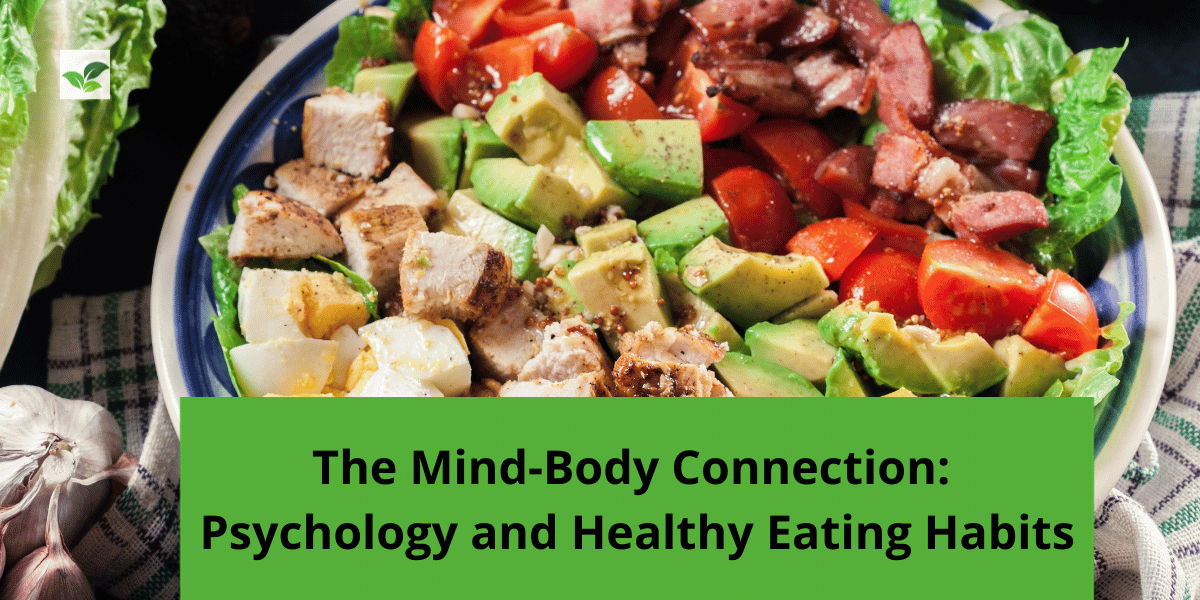Can Psychology and Healthy Eating Habits be Related?
The Mindful Plate: Unveiling How Psychology Shapes Healthy Eating Habits
Unveiling the Mind-Body Connection: Psychology and Healthy Eating Habits
In the intricate dance between mind and body, the question arises:
Can psychology influence our choices at the dinner table? or Psychology and Healthy Eating Habits are corelated This blog post embarks on a journey to unravel the connection between psychology and healthy eating habits. From the impact of emotions on food choices to the role of mindfulness in nurturing positive dietary habits, let’s delve into the fascinating realm where the mind becomes a key player in the pursuit of well-being.
The Power of Positive Influence: Nurturing Healthy Habits
Embracing Mindful Eating:
Positive psychology encourages the practice of mindful eating, an approach that involves savoring each bite and being fully present during meals. By fostering a conscious connection between mind and food, individuals can develop a healthier relationship with eating, making choices that nourish both the body and the soul. That means psychology and healthy eating habits are related.
Setting Positive Food Intentions:
The power of intention extends to our dietary choices. By consciously setting positive intentions for our meals, we create a mental framework that supports healthy eating habits. Whether it’s choosing nutrient-dense foods or enjoying a balanced diet, the influence of positive psychology can guide us towards a plate that promotes well-being.
Navigating Challenges: The Impact of Negative Psychology on Eating Habits
Emotional Eating:
On the flip side, negative emotions can become significant influencers in our food choices. Emotional eating, driven by stress, sadness, or boredom, can lead to unhealthy dietary habits. Understanding the psychological triggers behind emotional eating is crucial in breaking the cycle and fostering a more balanced relationship with food.
The Role of Stress in Dietary Choices:
Stress, a common facet of modern life, can significantly impact eating habits. From cravings for comfort foods to disrupted eating patterns, the psychological toll of stress can manifest in various ways. Exploring stress management techniques becomes imperative for maintaining a healthy balance between mind and diet.
Mind-Body Techniques: Strategies for Cultivating Healthy Eating Habits
Positive Affirmations for Nutrition:
Incorporating positive affirmations related to nutrition can be a powerful tool in shaping healthy eating habits. By reinforcing positive beliefs about food and its impact on well-being, individuals can reshape their mindset and approach meals with a more optimistic and health-conscious perspective.
Mindfulness Practices for Eating:
Mindfulness goes beyond being aware of the present moment; it extends to the way we eat. Incorporating mindfulness practices during meals, such as paying attention to textures and flavors, can enhance the dining experience. This heightened awareness fosters better decision-making and encourages a deeper appreciation for nourishing foods.
The Science Behind the Plate: Exploring Nutrition Psychology
Understanding Food Cravings in psychology and healthy eating habits:
Nutrition psychology delves into the intricate web of factors that influence our cravings. From biological responses to emotional triggers, the science behind cravings unveils the complexities of our relationship with food. Gaining insights into these mechanisms empowers individuals to make informed choices that align with their nutritional goals.
The Impact of Visual Cues on Appetite of psychology and healthy eating habits:
Visual stimuli play a significant role in shaping our appetite. Understanding how visual cues, such as the presentation of food or the environment in which we eat, can impact our perceptions of satiety and enjoyment provides valuable insights for crafting an environment conducive to healthy eating.





